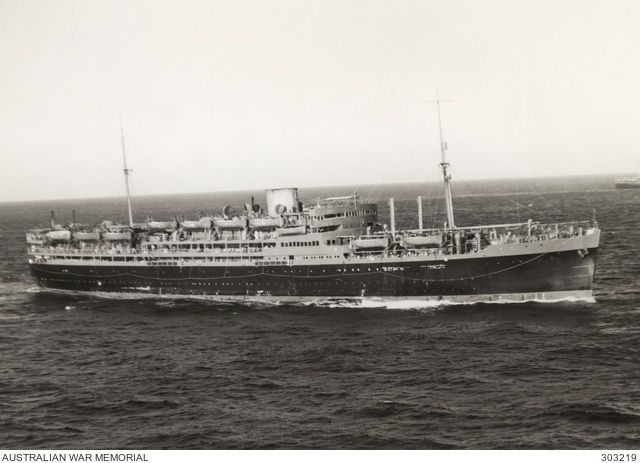Did 1 month voluntary internment...
- Joanne Tapiolas
- Jun 16, 2025
- 3 min read
Nicola Cua was born in Alice Castello (Vercelli) Italy on the 22nd May 1916. At the time of his arrest on the 11th June 1940, he was living in Newport Dwellings, London with his father and he worked as a salesman with W. Jennings Tailors in London. Both he and his father were interned, their mother had returned to Italy at the beginning of WW2.
In 1919, three-year-old Nicola arrived with his parents Giovanni and Teresa in London. He was educated in London and left school at the age of 14 ½ years old, then went to Pittman’s Commercial School. He worked in the office of a catering business, Ciroc Club in London for two years before moving to work as a tailor’s salesman at W. Jennings – outfitters and military tailors.
After two and a half months at Loveday Camp 14D, Nicola was reported as having a good personality, being popular with other internees, a capable leader, willing to co-operate with authorities and with a preference to forget his former political views.
In August 1944, Nicola assumed leadership of Tatura Camp 2A. He had managed the canteen in camp and had set up a library with his two friends Vittorio Tolaini and Luigi Beschizza. Friendships formed during internment continued post-internment. Nicola together with Vittorio and his wife Noemi, started the San Remo Restaurant in Tooting which they ran for 21 years. In 1991, Luigi Beschizza and Nicola Cua returned to Australia and Tatura Camp 2 and were reunited with Marco Gazzi.
When it came time for Nicola to be released to the Civil Aliens Corps, he had his release delayed until such times he could find a job for his father Giovanni in Melbourne and get him settled, which he did; a job in an orphanage with board provided. Nicola did not pass his medical for the Civil Aliens Corps and found himself a job at the Alexander Hotel, first as a dish washer and then as a waiter. Nicola said: I was supposed to be released, and I said, what about my father, and they said, he is not through yet, and I said, I am not going out so I did a month, voluntary internment and when he got out I got him a job in an orphanage sleeping in, and cooking for the orphans who went out to work every day, so he would do breakfast and then at night dinner, so I got him started, then I was supposed to join them in the forest chopping down the trees but I went and had a medical check up and they found I had an enlarged heart, I used to do a lot of athletics, which is no bother, so he said, you find yourself a job here in Melbourne.
Giovanni and Nicola Cua returned to England on the 28th February 1946 onboard the Athlone Castle. They returned to Newport Dwellings, London.
Nicola made a significant contribution to the histories of the UK Italian internees who were sent to Australia and importantly the tragedy of the sinking of the Arandora Star. He contributed oral testimonies to the Tatura Museum, Australia and the Imperial War Museum, England as well as donations of relevant documentation and sketches.
In 1990, he was awarded the Cavaliere al Merito della Repubblica Italiana on 16th June 1990.
Nicola died in his hometown of Alice Castello, Italy in 1992.




Comments